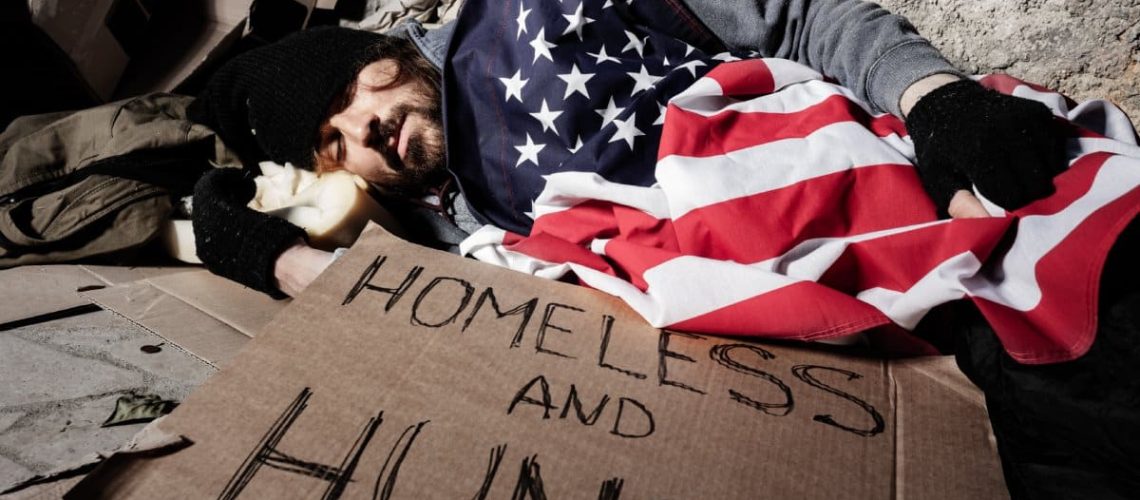Homelessness in America isn’t just about not having a roof over your head — it’s a complex issue of economic, social, and political challenges. These 22 cities, each tell a story of struggle, resilience, and the quest for solutions amidst skyrocketing rents, scarce affordable housing, and systemic barriers.
1. Los Angeles, CA

Los Angeles is grappling with a homelessness crisis, with over 66,000 people living without shelter. Sky-high housing costs and a significant shortage of affordable housing units are primary drivers.
The city has committed over $1 billion towards homelessness solutions, including building affordable housing, but the financial strain and slow progress remain contentious issues.
2. San Francisco, CA

In San Francisco, nearly 8,000 individuals are homeless, caught in the crossfire of soaring rents and limited affordable housing.
The city’s initiatives, including expanding shelter capacity and supportive housing, are ambitious but the financial investment required is immense, posing ongoing budgetary challenges.
3. New York, NY

With over 78,000 homeless people, New York City’s crisis is exacerbated by high living costs and economic disparities.
The city spends billions annually on shelters and services, yet the demand continues to outpace supply, stressing the need for more sustainable and cost-effective solutions.
4. Seattle, WA

Seattle faces a homelessness population of over 11,000, driven by housing affordability issues and a rising cost of living.
The city’s approach includes a controversial tax on large businesses to fund affordable housing and homelessness services, highlighting the tension between economic growth and social equity.
5. Portland, OR
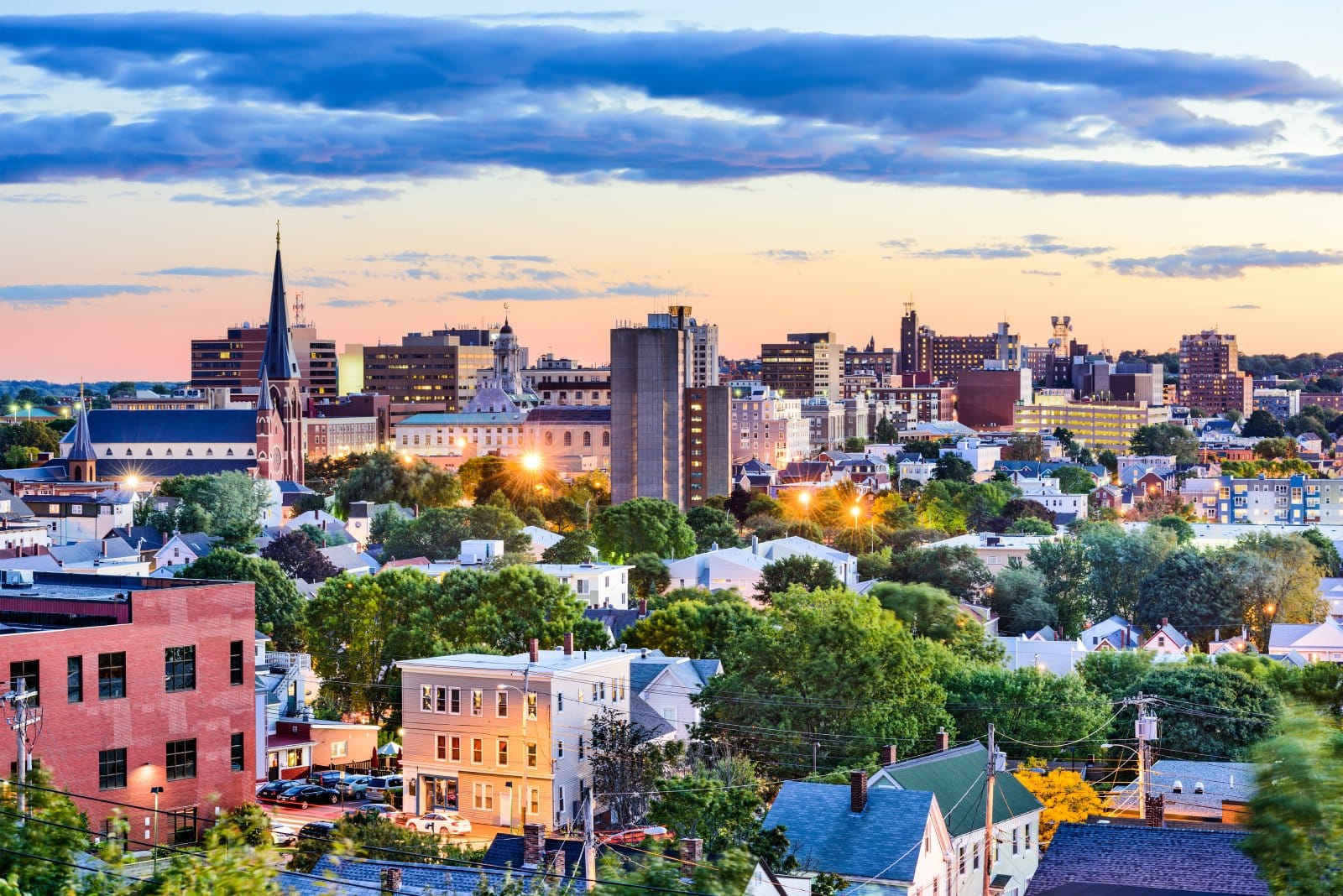
Portland’s homelessness count stands at approximately 4,000, with affordable housing shortages and mental health issues as significant contributors.
Voters approved a tax on high earners to fund solutions, a move reflecting the city’s progressive stance but also its financial challenges in addressing the crisis.
6. Austin, TX
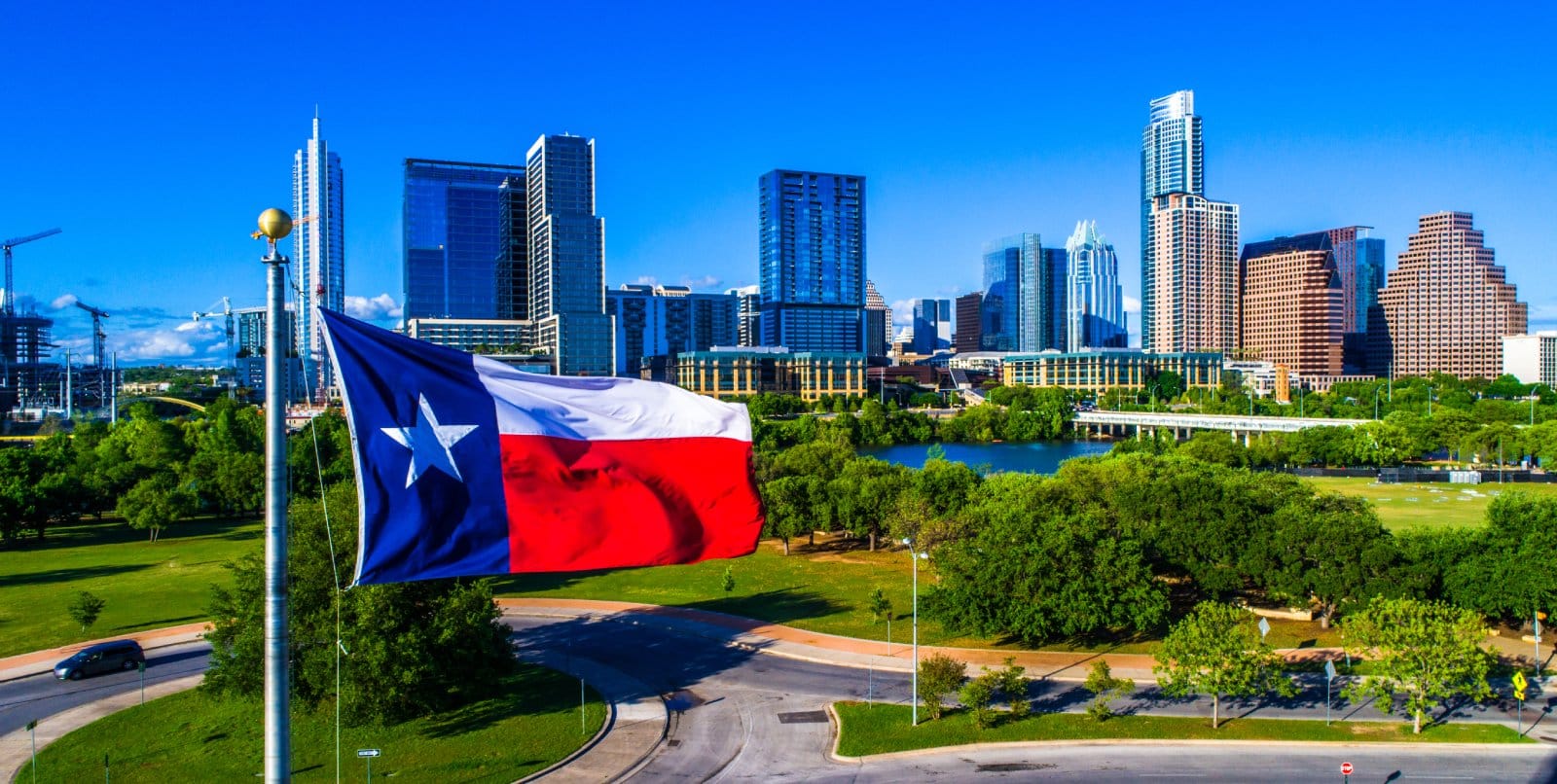
Austin’s homelessness issue affects about 2,500 individuals, worsened by rapid population growth and escalating housing costs.
The city’s strategy focuses on housing-first models and support services, funded by local taxes, yet balancing growth with inclusivity remains a financial tightrope.
7. Chicago, IL
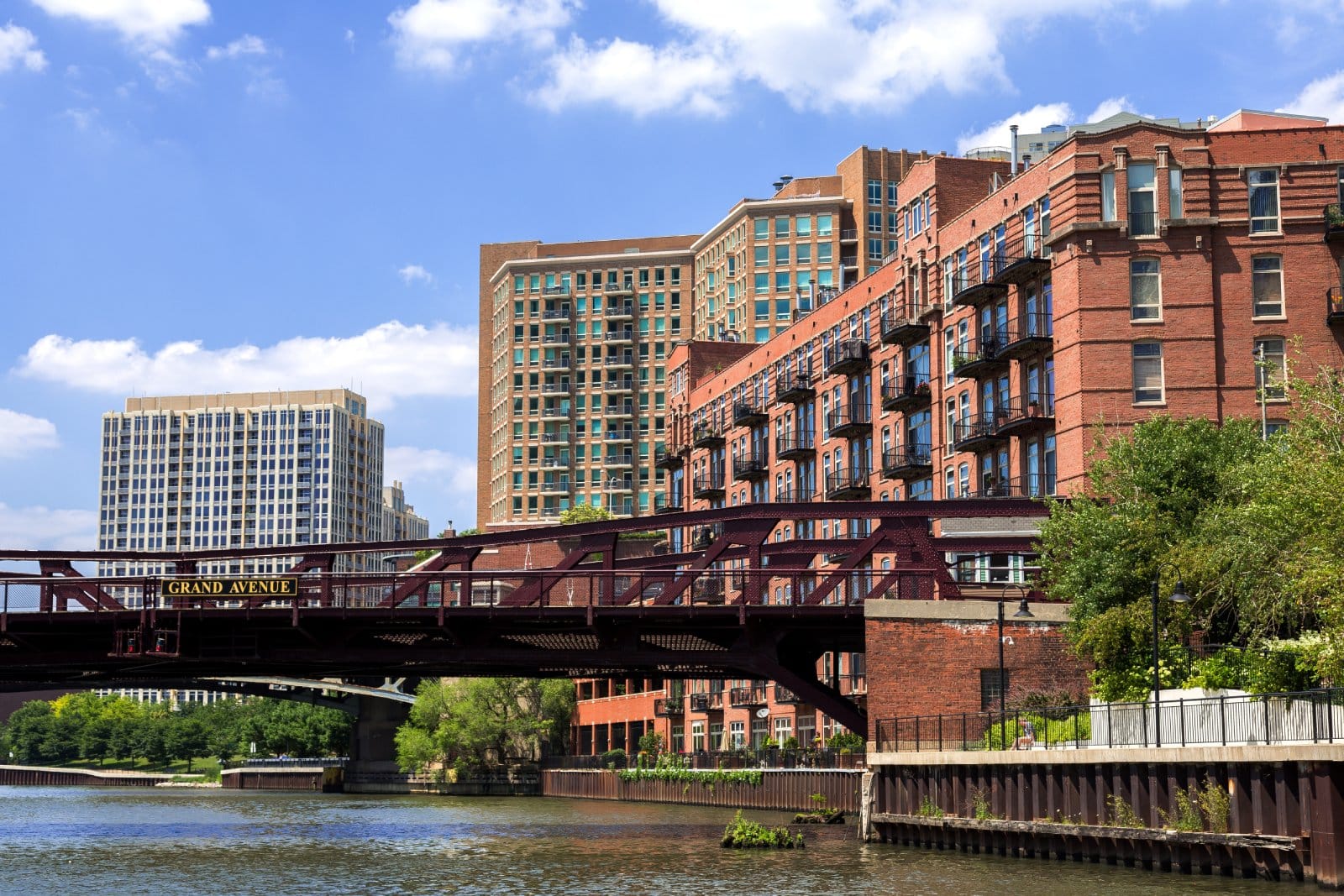
Chicago reports over 5,000 homeless people, with economic inequality and lack of affordable housing as key factors.
The city’s investments in affordable housing and prevention programs are steps forward, but budget constraints and the need for comprehensive strategies pose ongoing challenges.
8. Boston, MA

Boston, with a homeless population of around 6,000, faces challenges of high housing costs and income inequality.
The city’s investment in new shelter solutions and affordable housing initiatives is significant, yet the financial burden of these efforts is a major concern.
9. Washington, D.C.
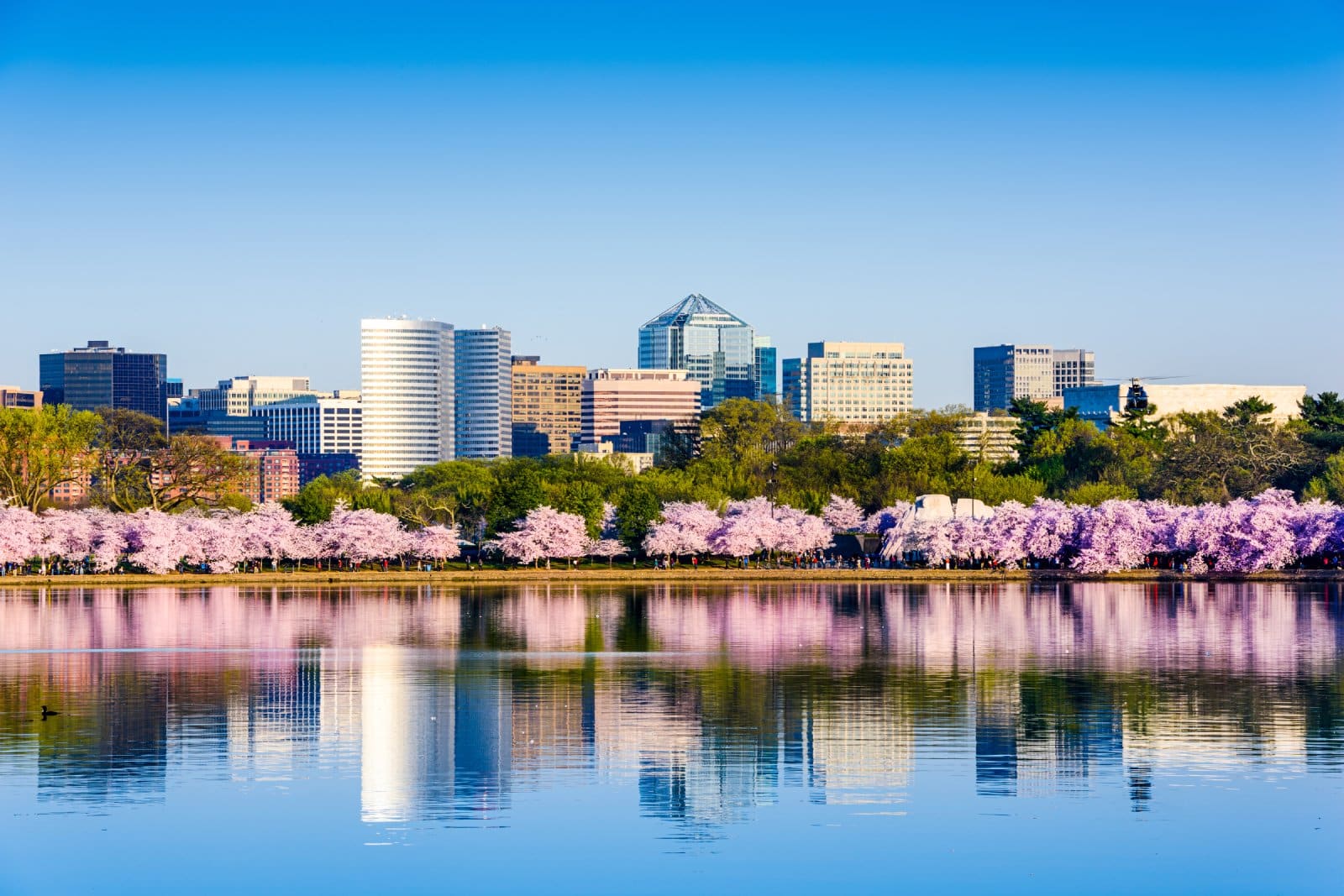
Washington, D.C. has over 6,500 homeless individuals, with high living costs and lack of affordable housing being predominant causes.
The city’s commitment to expanding affordable housing and support services is evident, but the scale of investment required underscores the financial strain on resources.
10. Philadelphia, PA

Philadelphia’s homelessness affects approximately 5,700 people, linked to high poverty rates and housing affordability issues.
The city’s response includes increased funding for affordable housing and emergency shelters, yet the financial impact on the city’s budget highlights the challenges in sustaining these efforts.
11. Miami, FL
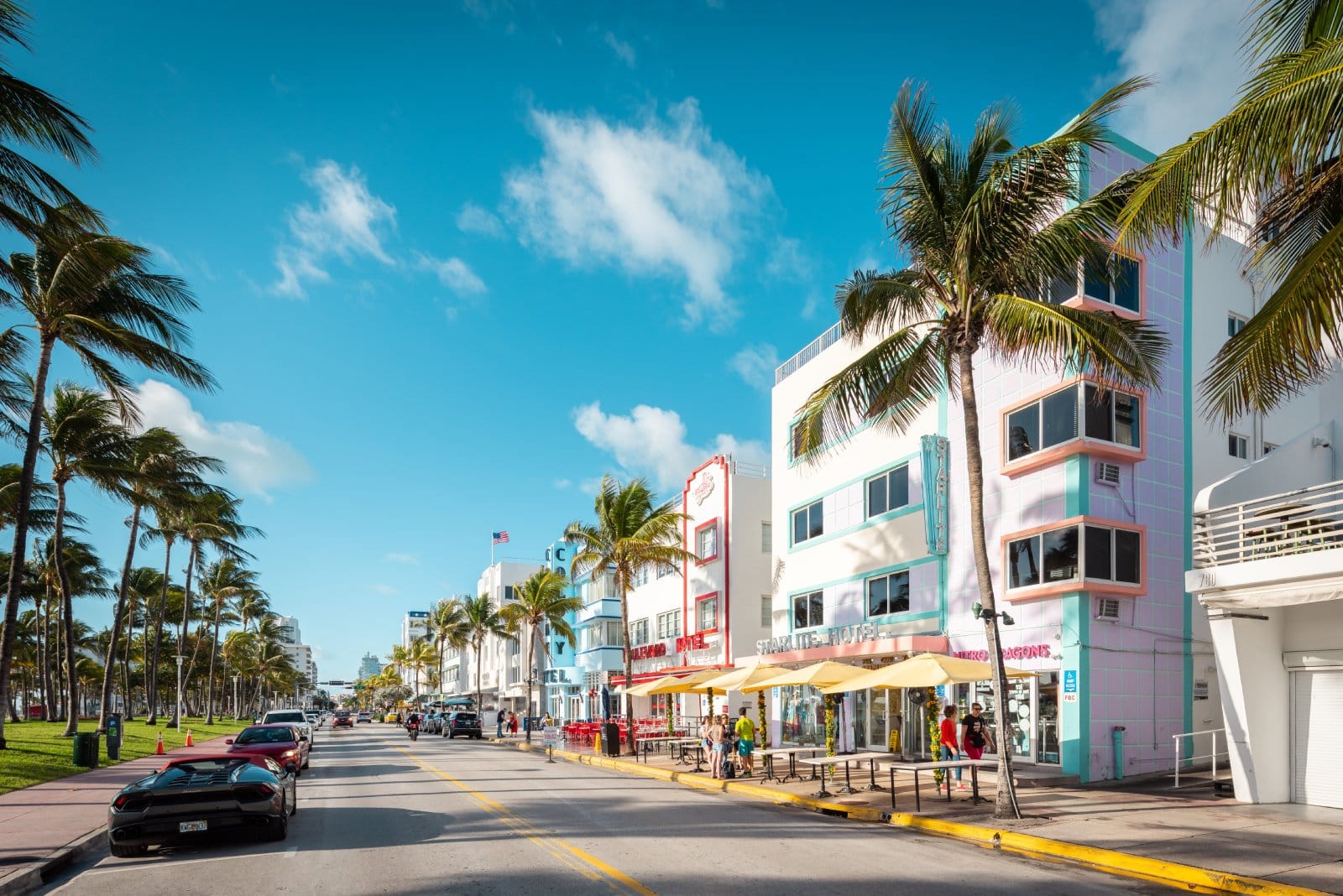
In Miami, around 3,400 individuals are homeless, with climate change and housing affordability as contributing factors.
The city is exploring innovative housing solutions and resilience planning, but the costs associated with these measures underscore the complex interplay between environmental challenges and homelessness.
12. Atlanta, GA

Atlanta’s homelessness count is approximately 3,200, driven by gentrification and income disparities.
The city’s initiatives include public-private partnerships to fund affordable housing, reflecting a collaborative approach to funding, yet the sustainability of these financial models is under scrutiny.
13. Denver, CO

Denver reports over 4,000 homeless individuals, with the housing affordability crisis as a key driver.
The city’s sales tax increase to fund homelessness services illustrates a direct financial approach, but scaling solutions to meet the need remains a substantial fiscal challenge.
14. Minneapolis, MN
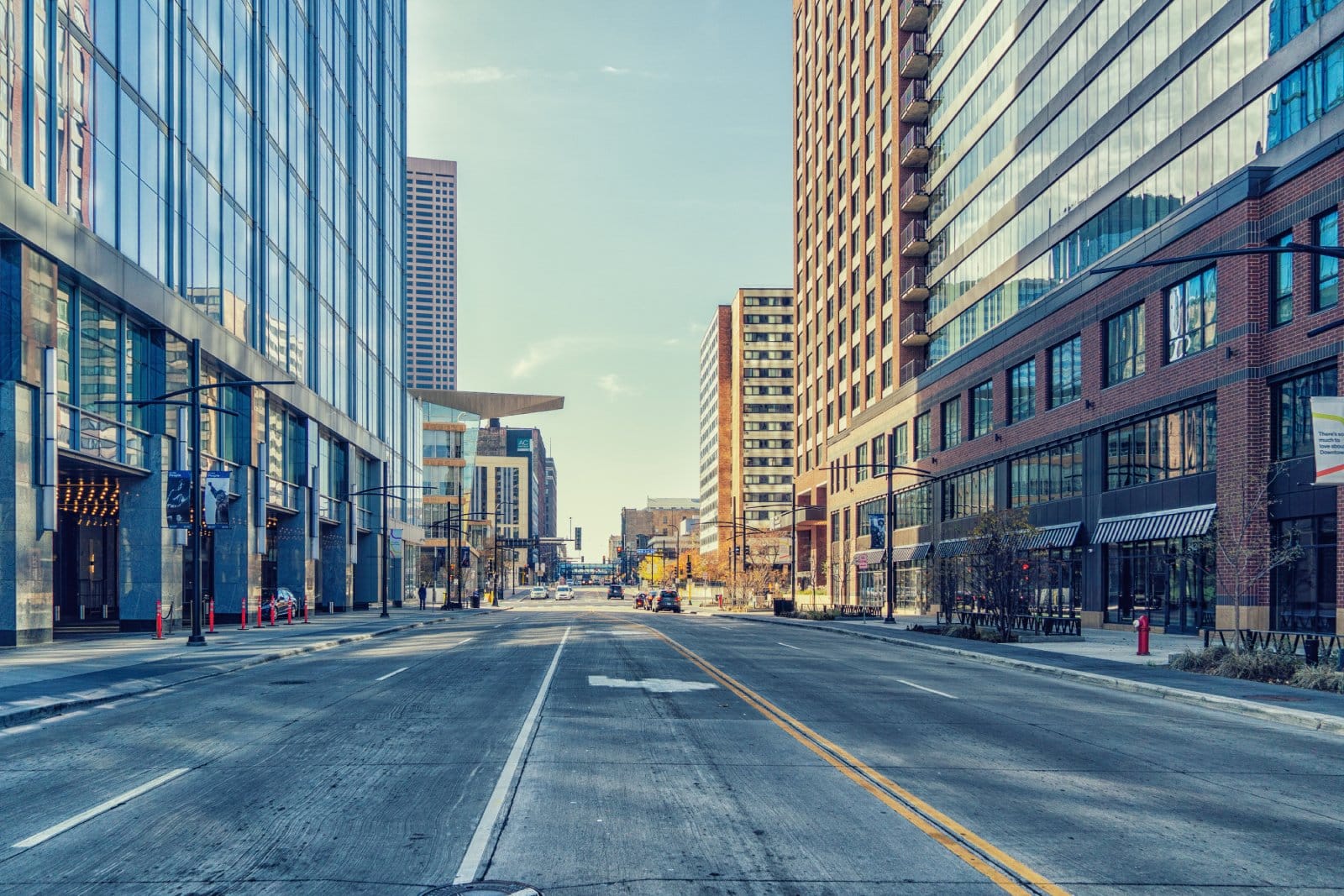
Minneapolis faces a homelessness population of about 3,000, exacerbated by economic disparities and harsh winters.
The city’s investment in affordable housing and emergency shelters is a step in the right direction, but the financial demands of these initiatives present ongoing hurdles.
15. Las Vegas, NV

Las Vegas, with over 5,500 homeless individuals, struggles with high tourism impacting affordable housing availability.
The city’s efforts to increase shelter capacity and services are crucial, yet financial sustainability and the impact on the city’s budget are pressing concerns.
16. Dallas, TX

Dallas reports nearly 4,500 homeless people, with economic inequality and housing affordability
as pressing issues. The city’s strategy includes expanding housing assistance programs and support services, though the financial challenges of addressing both immediate needs and long-term solutions are significant.
17. Phoenix, AZ
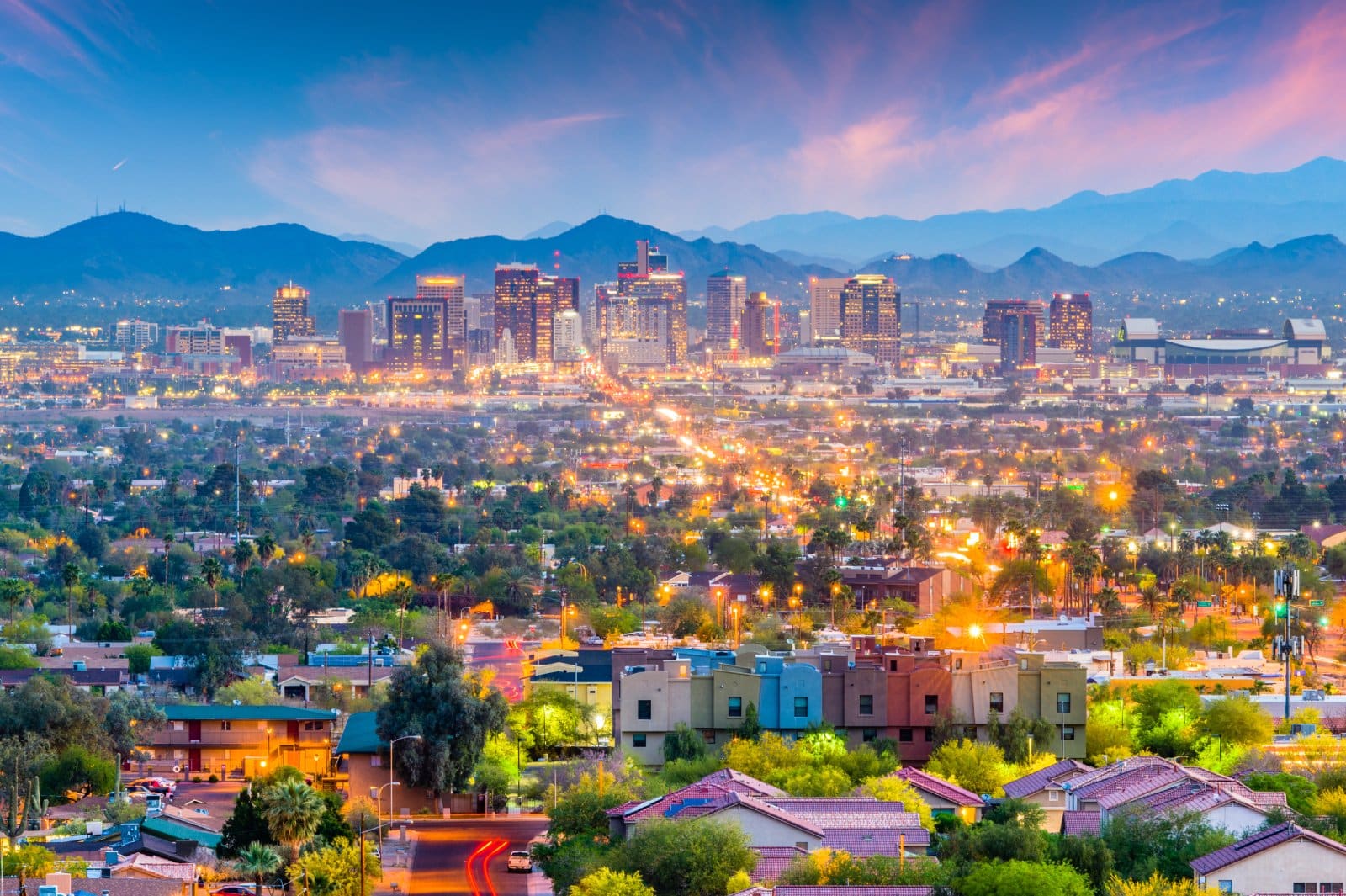
Phoenix faces a homelessness crisis with over 6,000 individuals affected, exacerbated by a hot housing market and limited low-income housing.
The city is boosting its efforts with increased shelter space and affordable housing projects, funded by state and federal grants, but the ongoing financial strain and rising housing costs continue to challenge progress.
18. San Diego, CA
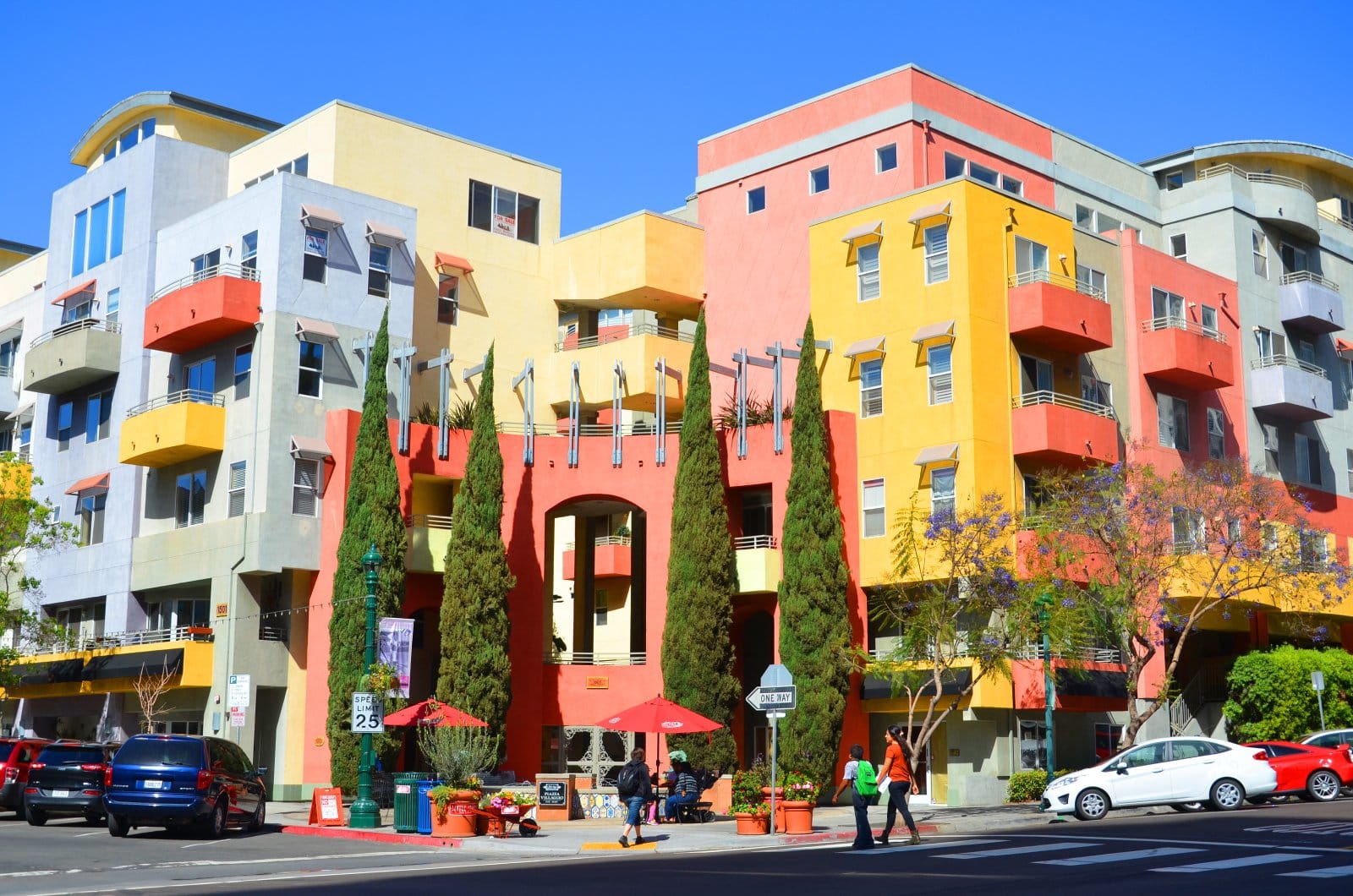
In San Diego, around 7,600 people are homeless, caught between high living costs and a competitive housing market.
The city’s push for more permanent supportive housing and preventive measures is ambitious, yet the financial investments required are substantial, highlighting the need for sustained funding and comprehensive policy approaches.
19. Sacramento, CA
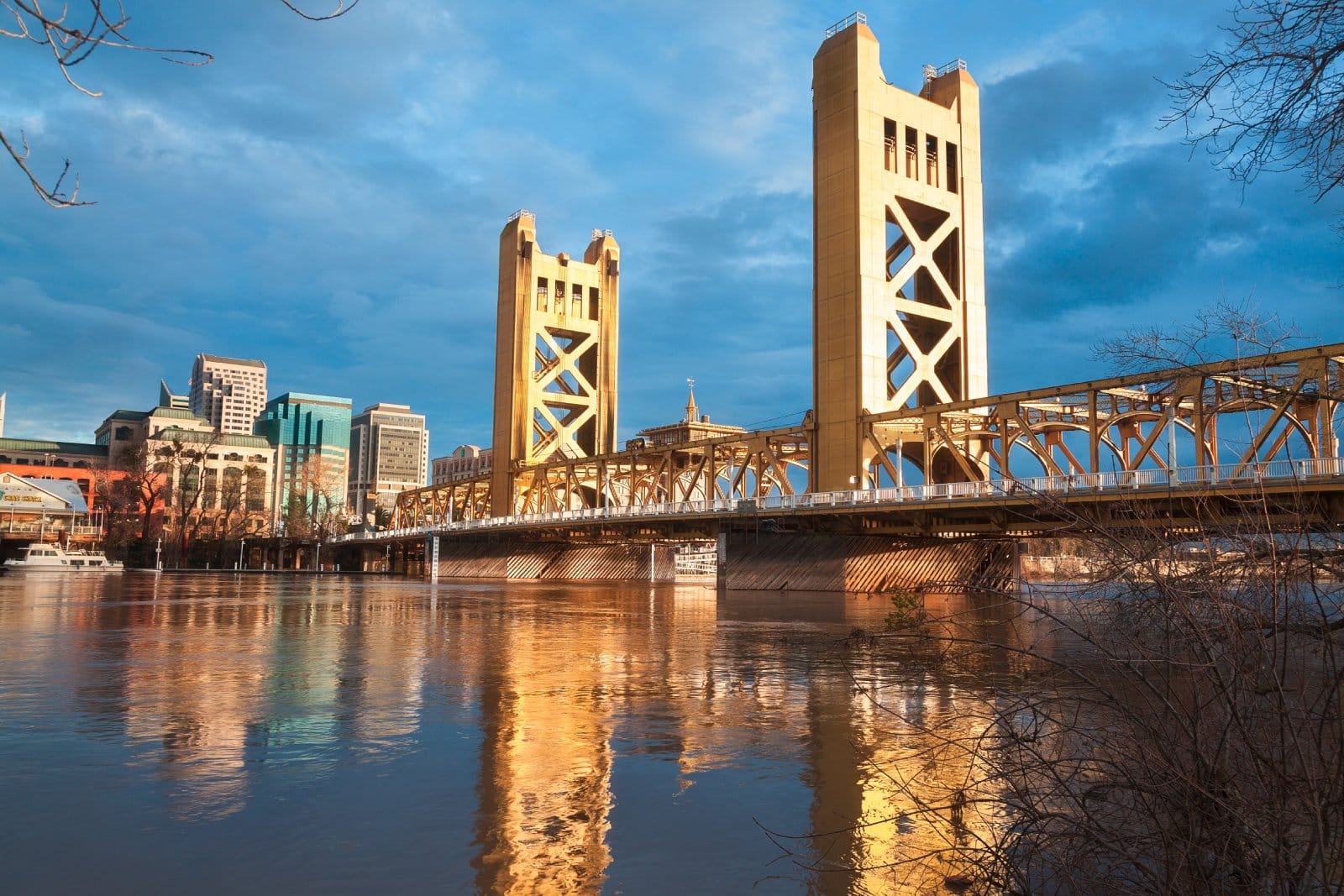
Sacramento’s homelessness count stands at approximately 5,500, with affordability and access to healthcare as key challenges.
The city is directing funds towards emergency shelter solutions and affordable housing, but the cost-effectiveness and long-term impact of these measures remain areas of concern.
20. Baltimore, MD
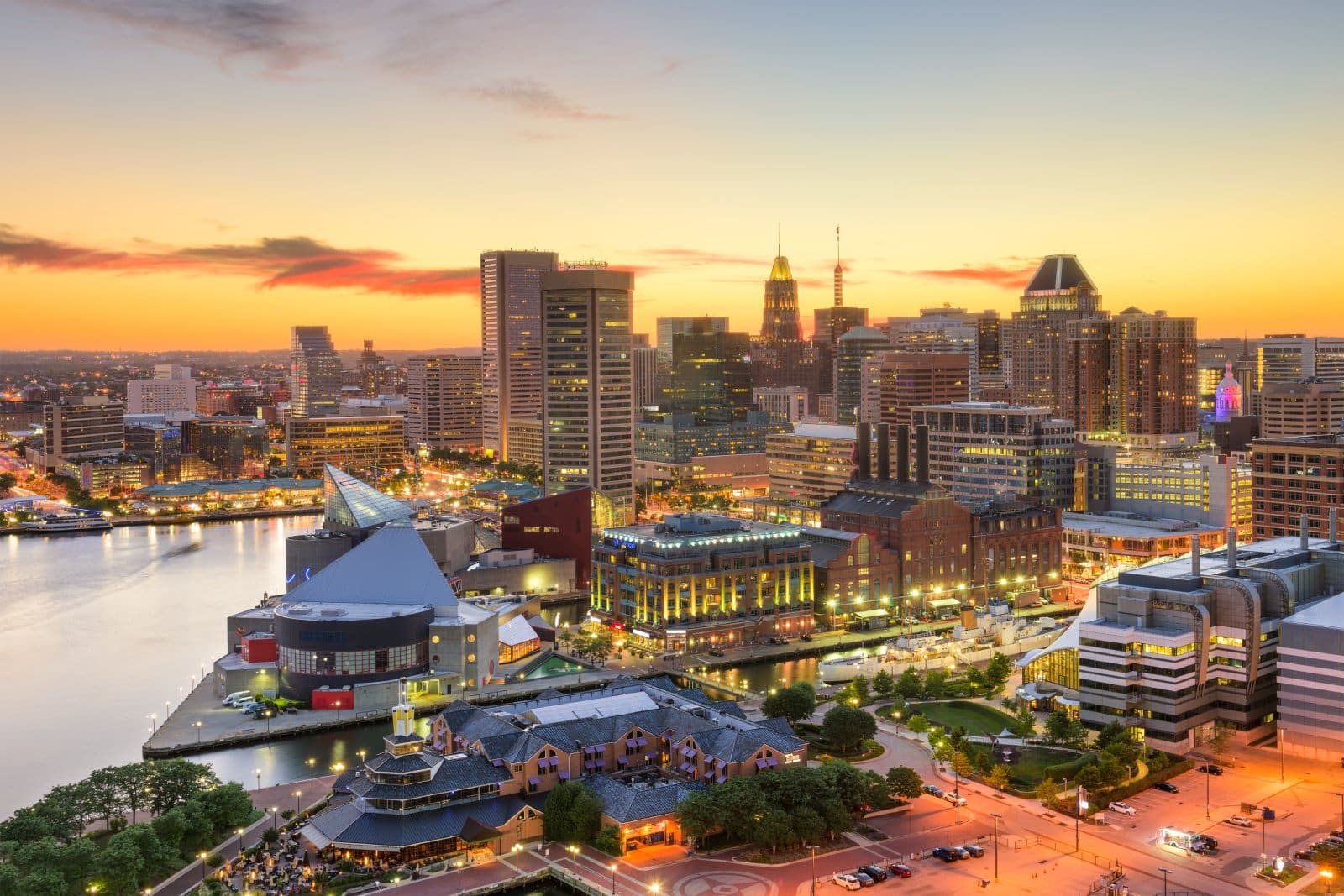
Baltimore, with over 2,500 homeless individuals, faces challenges related to poverty, substance abuse, and a shortage of affordable housing.
The city is investing in a holistic approach that includes housing, healthcare, and job training, though the financial implications of such comprehensive programs are a constant balancing act.
21. St. Louis, MO
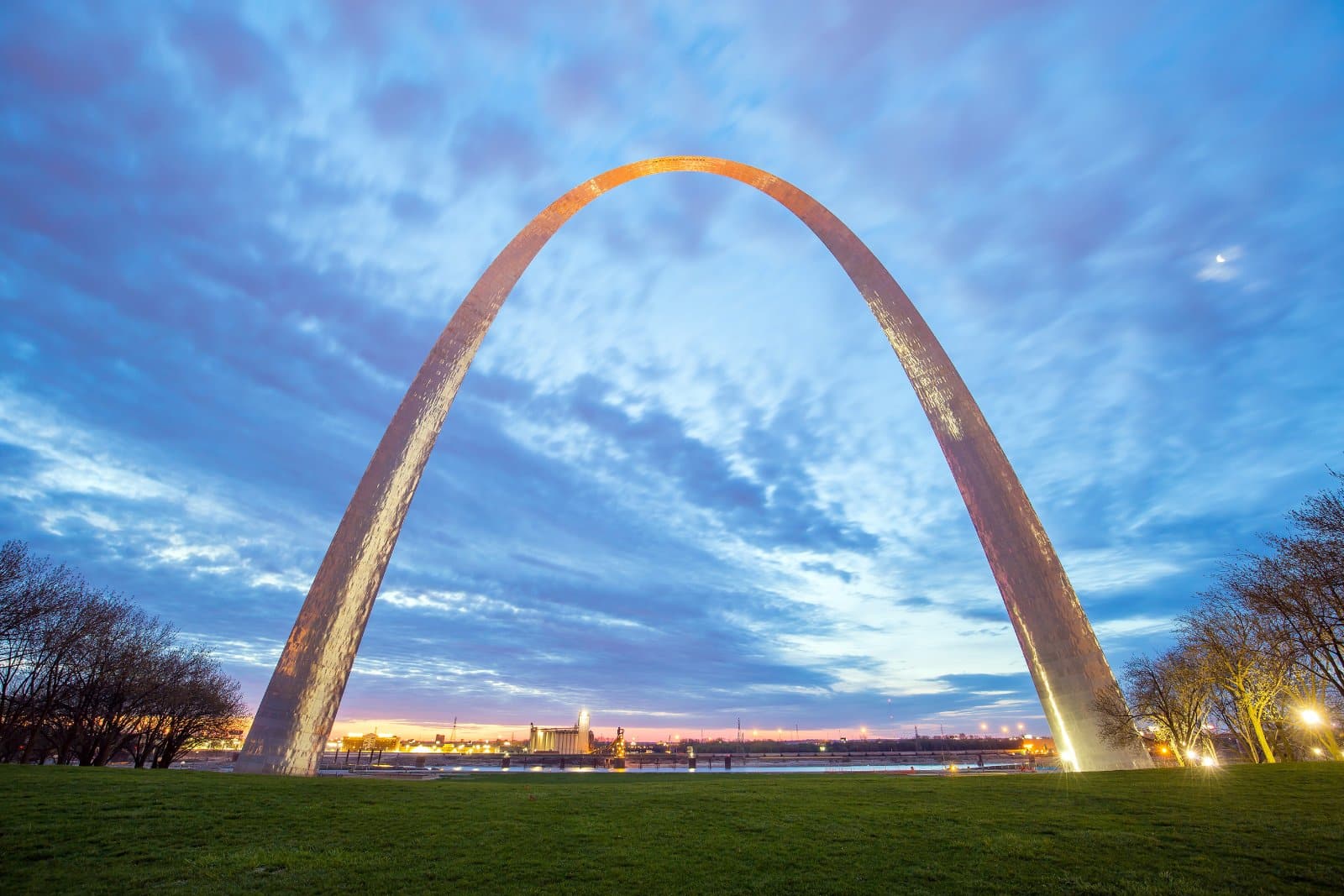
St. Louis reports nearly 1,800 homeless people, with economic stagnation and lack of affordable housing as contributing factors.
The city’s efforts to increase affordable housing stock and provide emergency shelters are critical, yet securing the necessary funding and community support presents ongoing financial challenges.
22. Tampa, FL
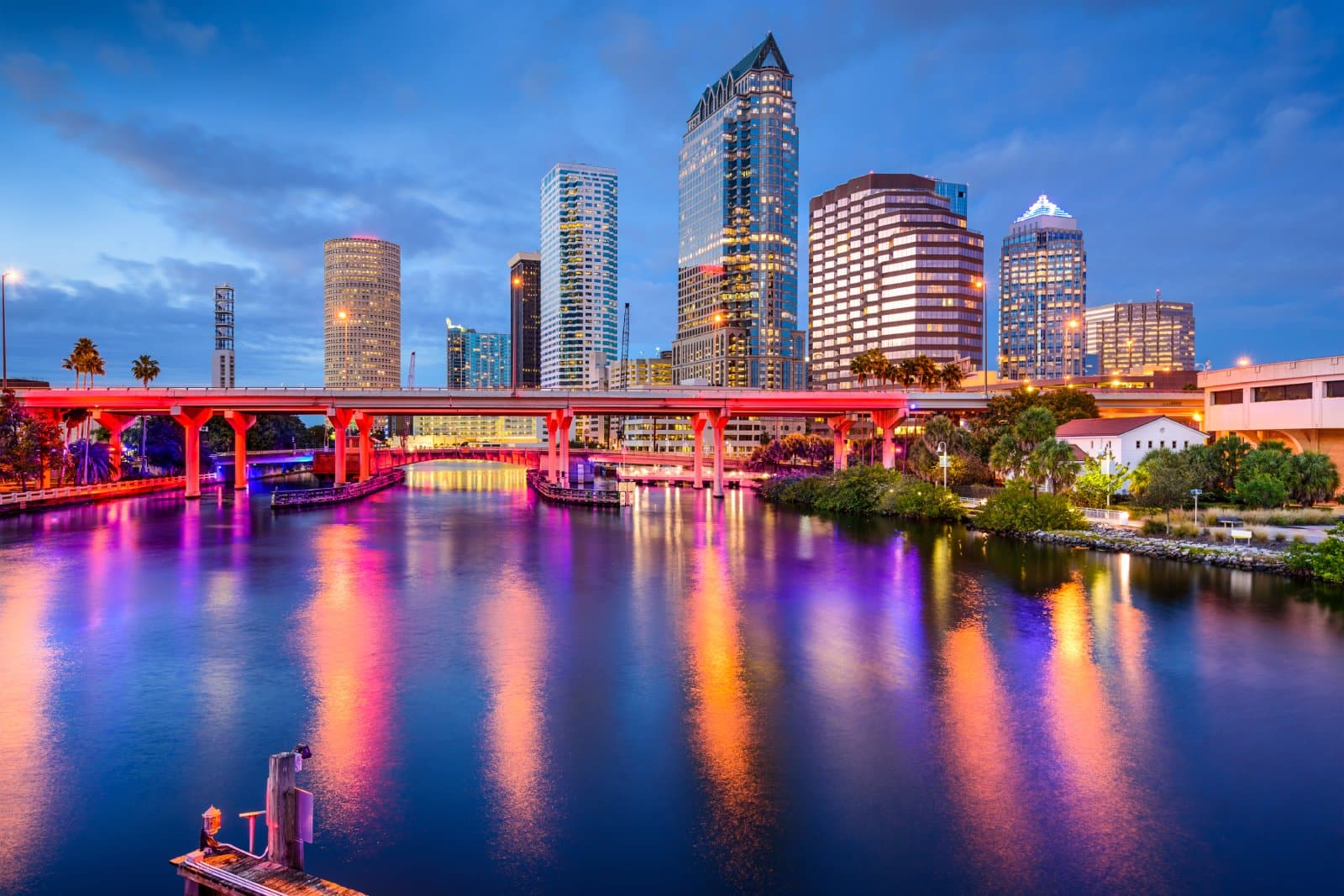
Tampa’s homelessness crisis affects about 1,500 individuals, driven by a lack of affordable housing and supportive services.
The city’s initiatives to expand housing options and improve service coordination are steps forward, but the financial sustainability of these programs, especially in light of economic uncertainties, remains a concern.
A Call to Action
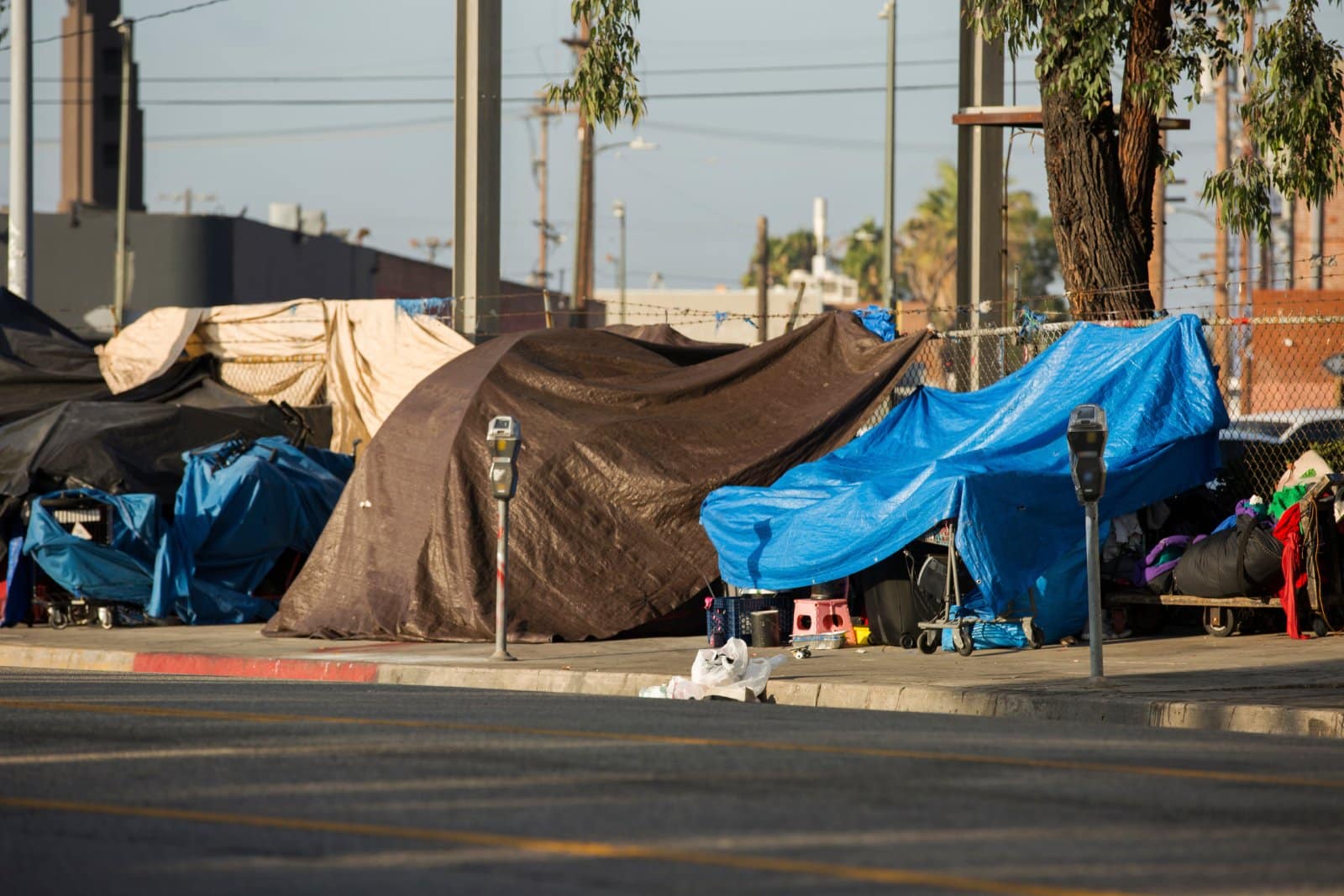
As these cities confront homelessness with a mix of innovation and investment, the path forward is both promising and fraught with financial hurdles.
It’s a nationwide call to action, underscoring the urgent need for comprehensive solutions that address housing, healthcare, and economic stability.
Featured Image Credit: Shutterstock / Sergey Novikov.
For transparency, this content was partly developed with AI assistance and carefully curated by an experienced editor to be informative and ensure accuracy.
- https://wokenpride.com/author/
- https://wokenpride.com/author/
- https://wokenpride.com/author/
- https://wokenpride.com/author/

